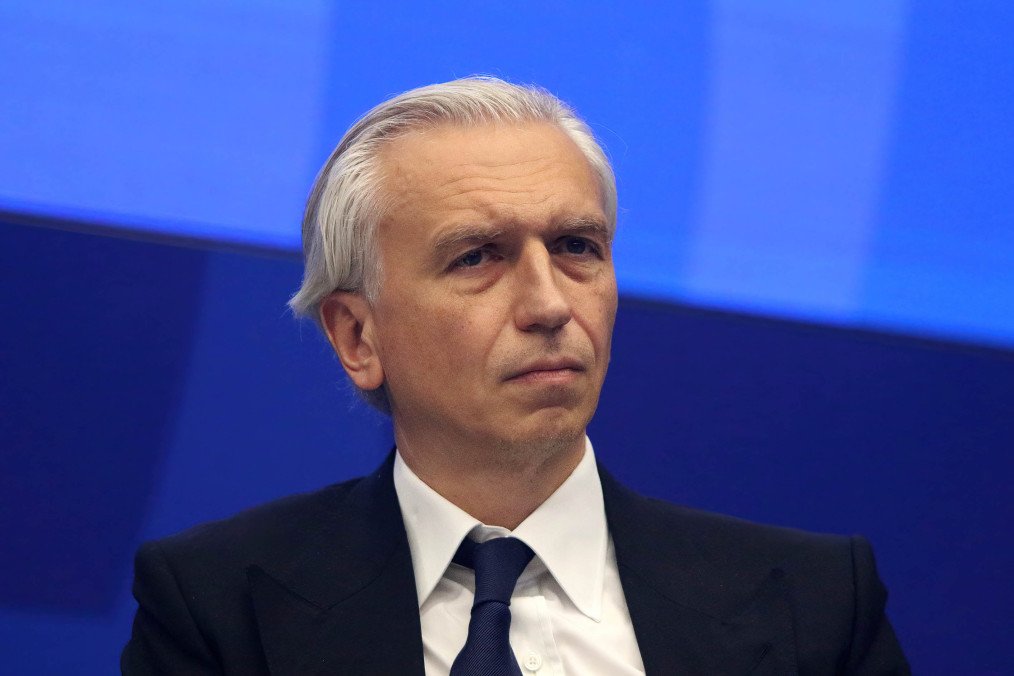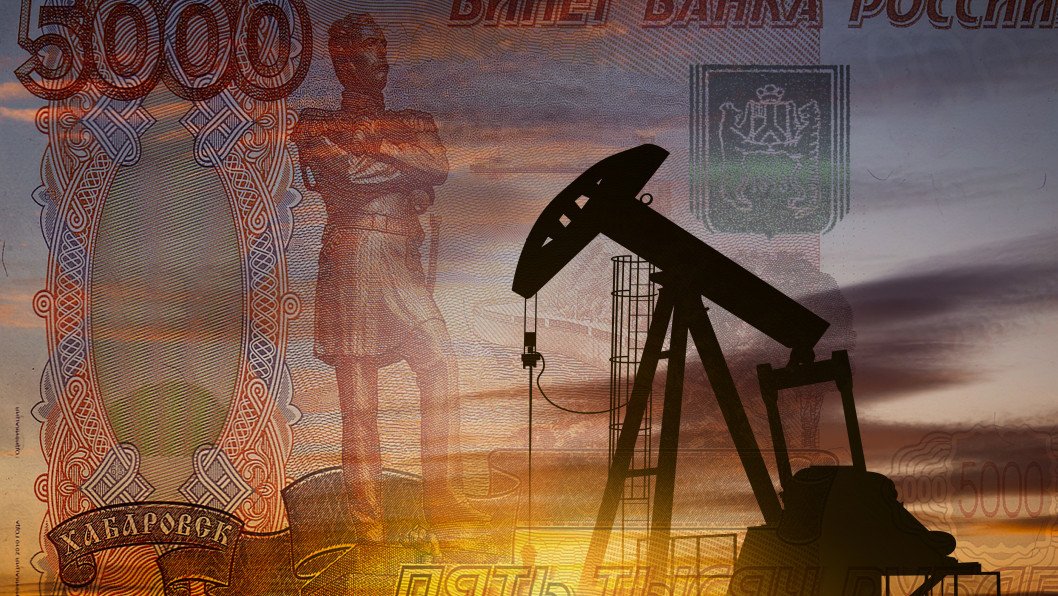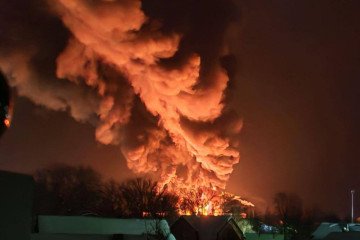- Category
- Latest news
Russia’s Cheap Oil Era Ends as Hard-to-Recover Reserves Take Over by 2030

Russia’s supply of cheap oil is rapidly diminishing, with more than 60 percent of Gazprom Neft’s current production now coming from so-called “hard-to-recover” reserves, the company’s CEO, Alexander Dyukov, confirmed on May 13.
These geologically complex reserves require advanced extraction technologies and state support to remain economically viable.
Speaking at a government meeting, Dyukov noted that maintaining existing output already depends on tapping into expensive extraction sites.
By 2030, more than half of all new oil production in Russia is expected to come from similar sources. He also believes in the need to reform the national Russian oil tax system, specifically advocating for a broader application of the Excess Profit Tax regime to support continued operations in aging and low-yield fields.
Russian First Deputy Minister of Energy Pavel Sorokin echoed Dyukov’s concerns during Russian Energy Week, stating that two-thirds of Russia’s oil reserves can already be classified as hard-to-recover. “By 2030, we will be talking about 80 percent or more that can be classified as hard-to-recover reserves,” Sorokin said.
These developments indicate a sharp transition away from high-yield, low-cost oil fields, many of which were discovered in the 1980s and are now 90–95 percent depleted.
With fewer accessible reserves remaining, Russia faces rising production costs, declining profitability, and greater reliance on state subsidies to sustain output levels.
Western sanctions have forced Russian oil to be sold at discounted rates, further narrowing the gap between production costs and export revenues. Dyukov warned that the economic model supporting Russia’s oil industry is increasingly fragile and dependent on government intervention.

Dyukov also addressed the issue of equipment shortages in the sector. “As part of the work of the coordinating council under the government of the Russian Federation, out of 220 types of basic equipment for the industry that were not produced in Russia at the beginning of 2023, more than 100 types of equipment have already been developed,” he said.
However, industry analysts have noted that the domestic substitutes may not meet performance standards, and the overall demand remains unmet.
If current price levels persist, analysts estimate that Russia could lose up to half of its oil production capacity by the end of the decade. While Dyukov stopped short of forecasting such a decline outright, his remarks point to mounting structural risks within Russia’s oil-dependent economy.
Earlier, Ukraine’s Parliament approved a draft law enabling sanctions against individual Russian ships and aircraft involved in sanctions evasion. Under current legislation, sanctions apply only to individuals and legal entities, not specific vessels or aircraft.

-554f0711f15a880af68b2550a739eee4.jpg)
-5c046892336e809095181703f36c6c6e.png)


-c439b7bd9030ecf9d5a4287dc361ba31.jpg)


